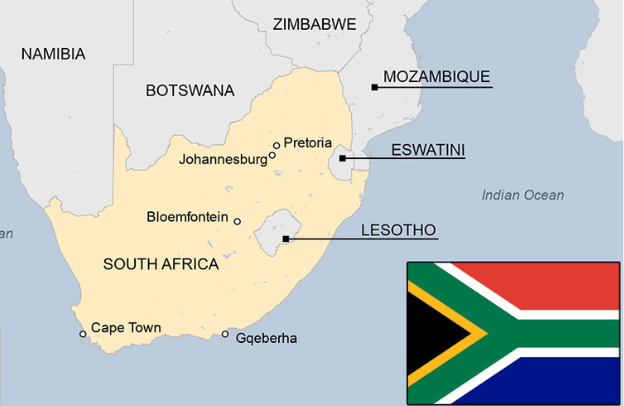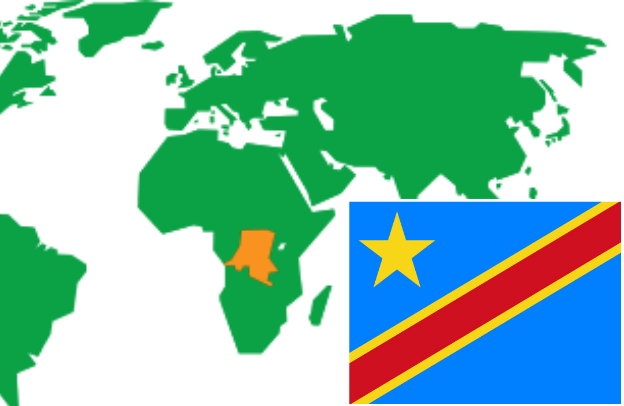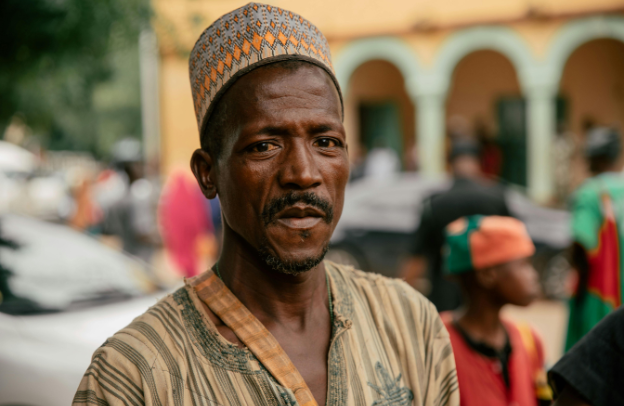Coups d’État in Africa: Revolution o Regression?

Tanignigui Siriki Soro | Contributor on politics-related Topics
A coup d’État is defined as a “manifest and illegal attempt by the military or an elite within the state apparatus to overthrow the existing executive,” as articulated by Jonathan Powell and Clayton Thyne in Journal of Peace Research – Volume 48, Number 6, Nov 01, 2011.
Take your Business Storytelling to the next level through our Story To Asset Transformation Framework.
What is a Coup d’État?
The researchers assert that after a week, such an attempt can be regarded as successful if the incumbent government has been effectively displaced. Coups d’État in Africa, similar to those in other regions, have left indelible marks on the political history of nations, tracing back to the early days of decolonization and continuing to the present.
These events have often had significant repercussions for the affected countries, influencing their political, economic, and social systems. In this article, we will delve into the historical context of coups d’État in Africa, examine the issues surrounding these events, and analyze their consequences on African societies.
Historical Context of Coups d’État in Africa
The phenomenon of coups d’État in Africa can be traced back to the mid-20th century, coinciding with the wave of decolonization that swept across the continent. Newly independent states often grappled with fragile political structures, ethnic divisions, and economic challenges, creating a fertile ground for military intervention.
Most successful coups d’état in Africa occurred between 1946 and 1991, during the Cold War, a period marked by intense rivalry between the United States and the Soviet Union. Notably, seven coups were executed in 1966 alone, while 1980 ranked as the second most tumultuous year with five coups.
See also the Medal of Honor Award Ceremony for Chaplain Emil Kapaun
“During the Cold War, there was, in fact, an unwritten rule that if you controlled the capital, you were seen as legitimate,” explains Jonathan Powell. However, after this period, particularly since 2000, the international community has become significantly less tolerant of coups, he adds. As a result, coup leaders are more likely to wait for circumstances where “the status quo itself is dire.”
In the past two decades, there has been a decline in coups d’état in Africa. Between 2011 and 2021, American researchers Jonathan Powell (University of Central Florida) and Clayton Thyne (University of Kentucky) recorded fewer than one successful coup per year on the continent.
Their findings are available on their website, Arrested Dictatorship. Out of the 486 coups d’état successful or failed since 1950, 214, including 106 successful ones, took place in Africa, making it the most affected region according to the data from Powell and Thyne.
“Coup d’états are increasingly confined to the poorest countries in the world, and the recent wave of coups fits into this context,” he adds. In 2020, the GDPs of Burkina Faso, Guinea, Mali, and Chad were all below $20 billion, according to World Bank estimates, while Sudan’s GDP barely exceeded $21 billion. In stark contrast, the GDP of the United States, the wealthiest country in the world, stood at $20 trillion in 2020.
According to Jonathan Powell, countries experiencing terrorism and facing insurgencies are also more likely to undergo coups, as are nations whose leaders lack legitimacy among the populace or military forces.
See also The Vatican And European Imperialism – Moving Beyond The Shadows Of Colonialism In Africa
According to data collected by Powell and Thyne, 45 out of 54 African countries have experienced at least one coup attempt since 1950. When focusing solely on successful coups those in which the perpetrators remained in power for at least a week this number drops to 36, representing two-thirds of African nations.
What are the Issues Surrounding Coups d’État
The prevalence of coups d’État in Africa raises important questions about the colonial heritage of the governance system (democracy). Many coups are driven by a combination of factors, including economic instability, social unrest, and the failure of political institutions.
In some cases, military leaders have positioned themselves as saviors of the nation, claiming to restore stability in the face of ineffective civilian rule. In Africa, coups d’état signify the premature exhaustion of imported democracy. The recent wave of coups in sub-Saharan Africa conceals a remarkable backlash against the electoral-based political processes that were initiated in the 1990s.
Moreover, the international response to coups has varied significantly, with some regimes receiving tacit approval or support from foreign powers, while others face sanctions and isolation. This inconsistency in responses highlights the difference between coup d’etat, the revolutionaries’ coup and the neo-colonial, and the second one supported by international.
In 2014, the Peace and Security Council of the African Union denounced the “insufficiencies in governance,” as well as “greed, selfishness, poor management of diversity and opportunities, marginalization, human rights abuses, refusal to accept electoral defeat, manipulation of constitutions, unconstitutional revisions of constitutions in favor of narrow interests, and corruption” as frequent causes of unconstitutional changes of government.
According to studies by American researchers Aaron Belkin and Evan Schofer, the strength of a country’s civil society, the legitimacy of the government in the eyes of the populace, and the country’s historical context regarding coups are significant predictive factors for coup d’états.
In Guinea, the coup leaders cited corruption and a faltering economy as the rationale for their seizure of power in September 2021, alongside the fact that the ousted president, Alpha Condé, had amended the constitution to enable a third term in office.
Historically, poorer nations and those with fragile democracies are more susceptible to coups.
See also Understanding What Is Behand The Conflict in Congo DRC, M23 and more – Tanignigui Siriki Soro
Fifteen of the top twenty countries on the Fragile States Index, created by the Fund for Peace, are located in Africa. Among these, twelve have experienced at least one successful coup, including Somalia, the Democratic Republic of the Congo, the Central African Republic, Chad, Sudan, and Zimbabwe.
Conversely, no successful coups have occurred in wealthier nations with strong institutions, such as South Africa and Botswana.
Consequences for African Societies
The consequences of coups d’État on African societies are profound and multifaceted. Politically, coups can lead to the dismantling of democratic institutions, stifling political pluralism and civil liberties.
Economically, the instability resulting from coups often deters foreign investment and disrupts development efforts, perpetuating cycles of poverty and inequality. Some revolutionary coups have contributed to the establishment of stronger institutions and a genuine political consciousness in Africa.
For example, Nigeria is the most populous country in Africa. Since gaining independence in 1960, Nigeria has experienced a long history of coups, with eight attempts in total, six of which were successful. However, since 1999, power transitions have occurred through democratic elections, fostering greater stability in West Africa and across the entire continent.
In conclusion, coups d’État in Africa represent a complex interplay of historical, political, and social factors that continue to shape the continent’s trajectory.
While some are revolutionary acts that positively transform the institutions, and re-enforce the elections, others are Neo-colonialism or Neo-imperialism with persistent cycles of violence and authoritarianism that suggest a deeper malaise within the political fabric of many African nations.
References:
- Unconstitutional-Changes-of-Government.pdf
- https://journals.sagepub.com/toc/jpr/48/6
- WDI – Home
- The effects of neocolonialism on Africa’s development | Pan-African Journal of Governance and Development
Take your Business Storytelling to the next level through our Story To Asset Transformation Framework.





